Summer Foraging on Long Island

Summer Foraging on Long Island:
Tools, Tips, & Seasonal Finds
Summer Foraging on Long Island is a fun hobby, but it’s also a return to traditional knowledge, a way to connect with the land, and a chance to gather wild food and resources hidden in plain sight. Long Island’s forests, fields, and shorelines offer a surprisingly rich bounty when looking to fill your basket with edible greens, wild herbs, or materials for crafting and building… especially in early summer.
Read MoreWhat Are Ancestral Skills?
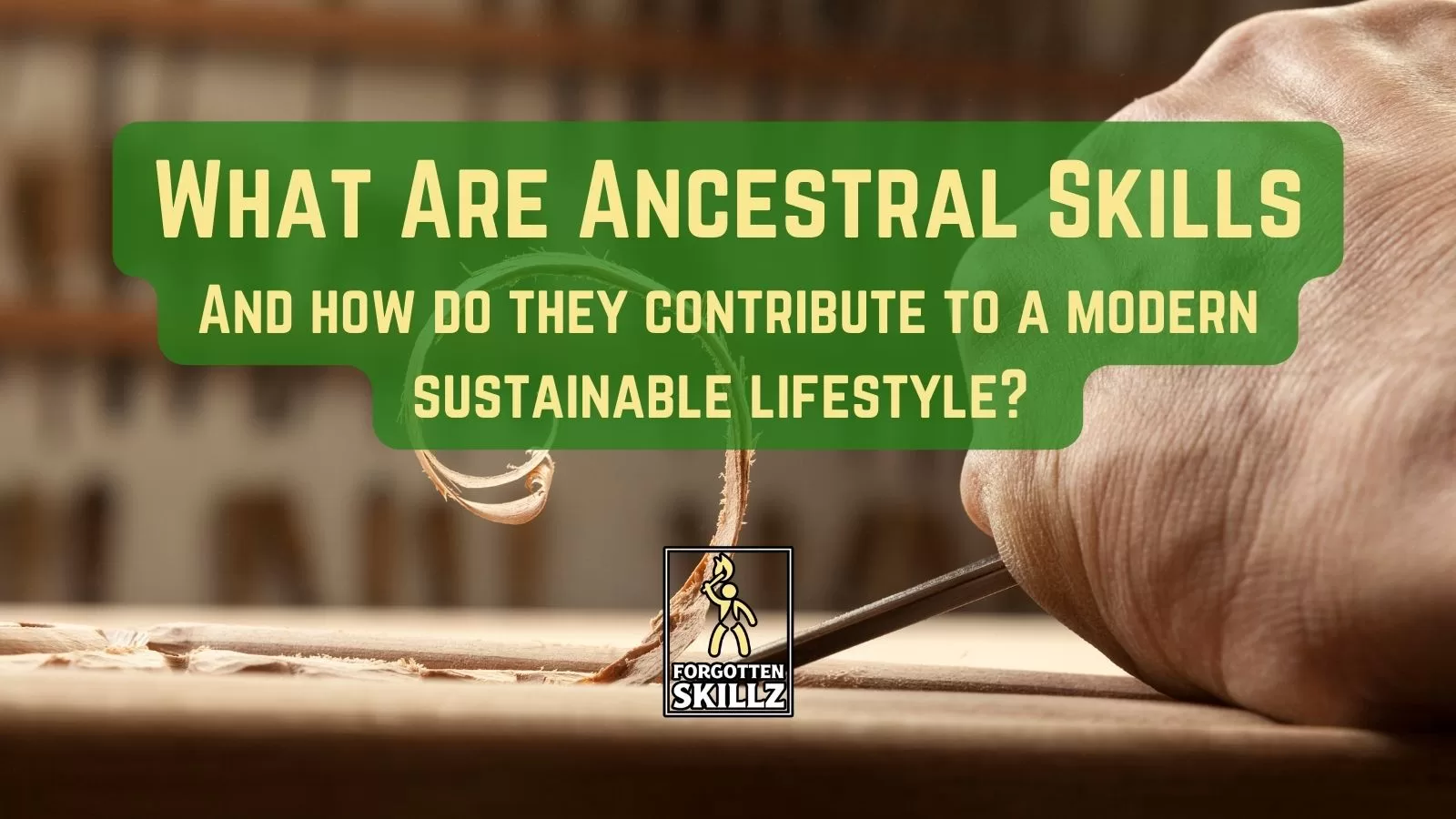
What are Ancestral Skills?
Reconnecting with the Old Ways to Build a Better Future
At Forgotten Skillz, our work begins with a question: What if the way forward is hidden in the wisdom of the past?
In a world flooded with convenience, screens, and automation, many of us feel a quiet pull back to something older, slower, and more rooted. We see it in the rising interest in bushcraft, foraging, and traditional crafts. We hear it in the voices of people seeking a more sustainable life. We feel it every time someone touches hand-woven cloth, hears the ring of a hammer on steel, or tastes a meal made entirely from scratch.
Read MoreHow to Help Bees Thrive on Long Island
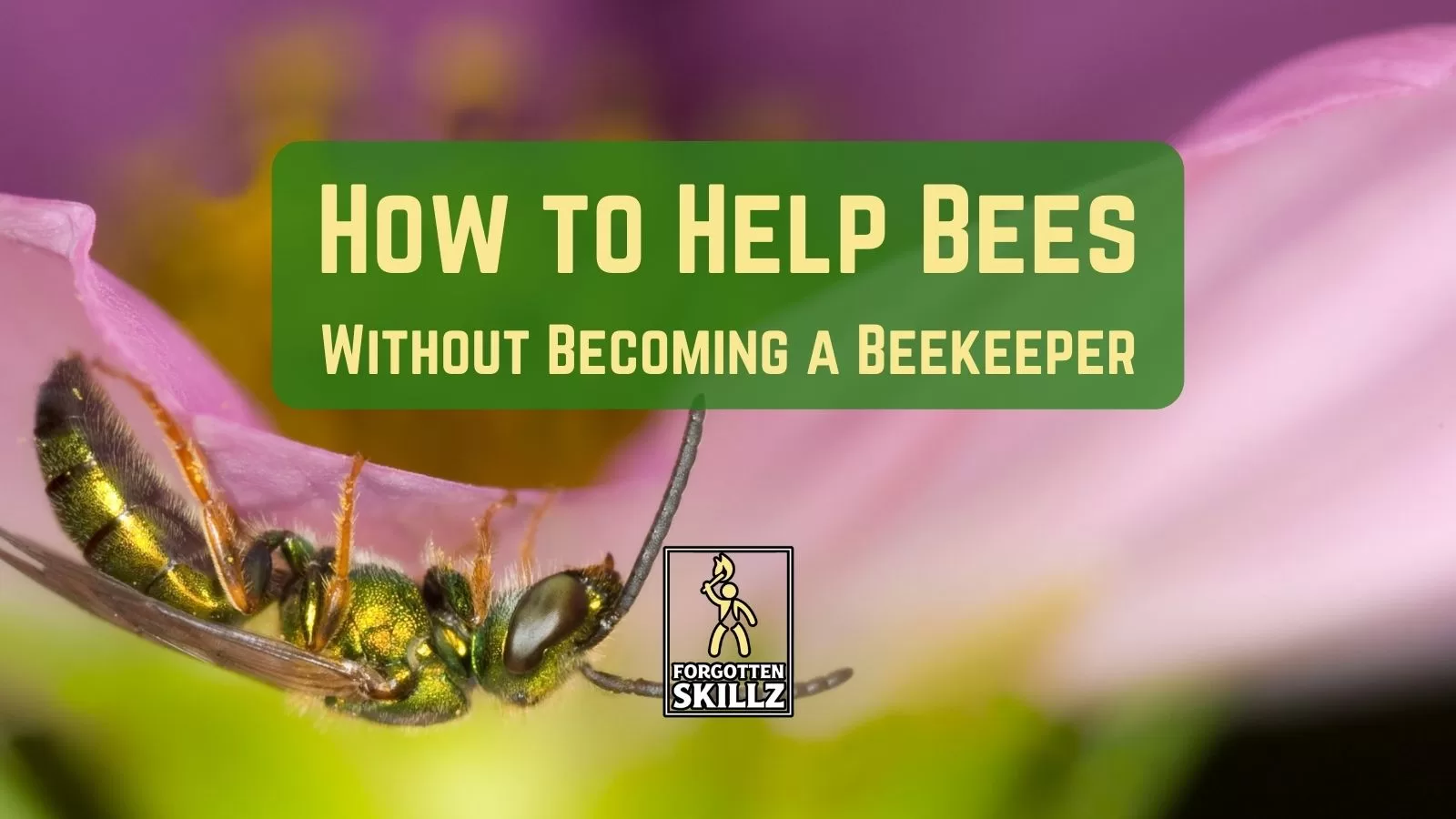
Have you ever wondered how to help bees thrive? Bees are more than just honey-makers—they are foundational pollinators in our ecosystems, responsible for fertilizing around one-third of the crops we consume. On Long Island, where human development often pushes up against natural spaces, bees hold the line between abundance and ecological collapse.
Read MorePrimitive to Practical: Emergency Shelter Techniques

Primitive to Practical: Emergency Shelter Techniques
In a true survival situation, shelter isn’t a luxury—it’s a necessity. Exposure to the elements can become life-threatening within hours, especially in extreme cold, wind, or rain. If you’re heading into the wilderness, preparing for emergencies, or just brushing up on outdoor skills, knowing how to build a solid shelter can be the difference between comfort and catastrophe. This post looks at what both ancient wisdom and modern tools have to offer when it comes to emergency shelter techniques. Read More
Traditional Root Beer Recipe
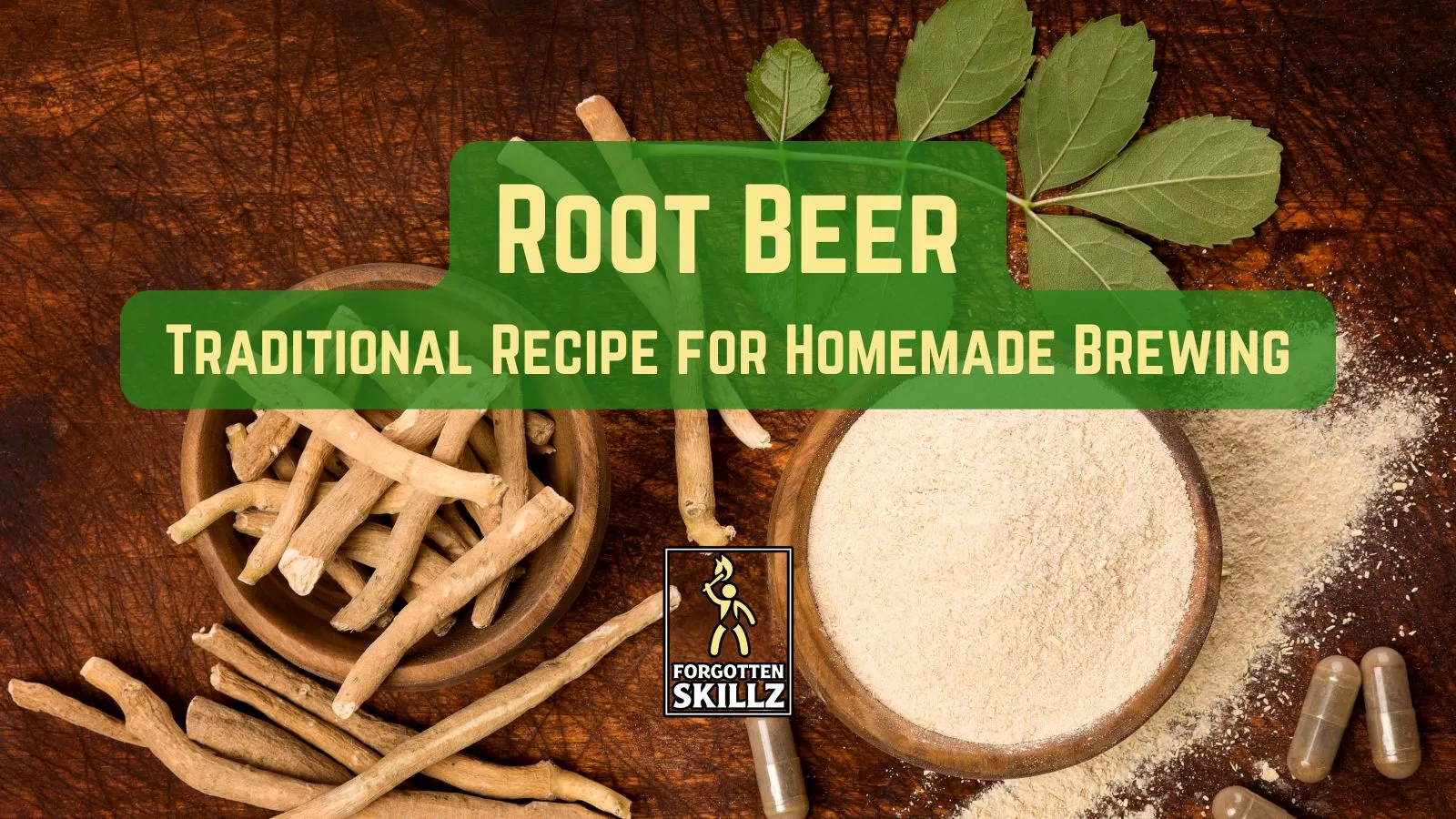
Brew Your Own Root Beer
Traditional Root Beers, Birch Beers, and Ginger Beers: A Taste of the Past
Before soda fountains and modern soft drinks dominated the beverage scene, communities around the world enjoyed naturally fermented drinks made from roots, herbs, barks, and spices. These old-world brews not only satisfied a sweet tooth but also offered nutritional and medicinal benefits. Today, we explore the fascinating world of traditional root beers, birch beers, and ginger beers—their histories, how they were made, and how you can make your own. Read More
Walk With a Possum Mindset
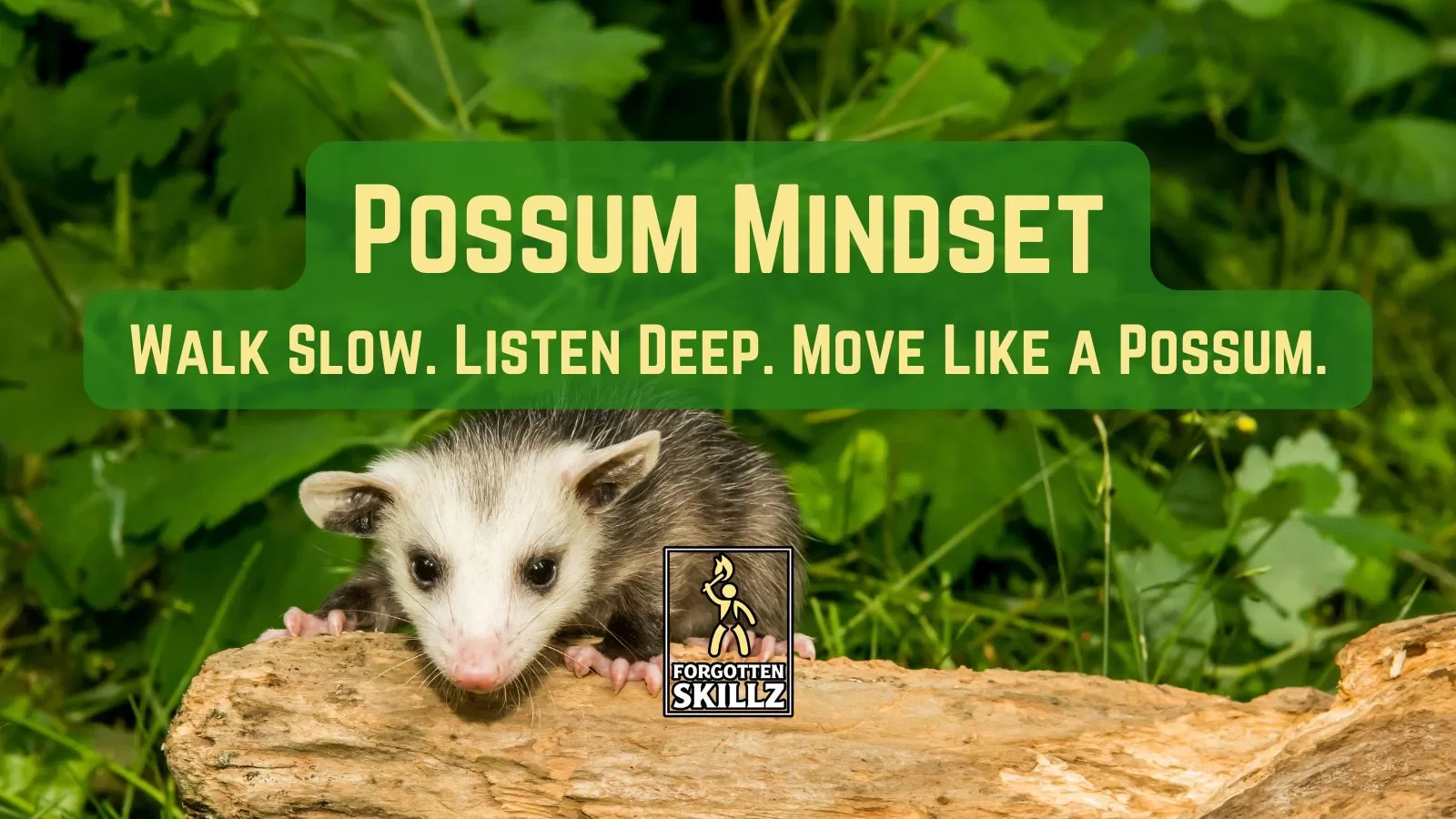
The Possum Mindset: An Inspired Way to Walk the Land
There’s a subtle but powerful difference between walking through nature and moving with it. At Forgotten Skillz, we teach that survival isn’t just about gear or knowledge—it’s about presence, adaptability, and the ability to notice what others miss. This is the heart of what we call the Possum Mindset. Read More
Colonial Cooking Tips & Tools
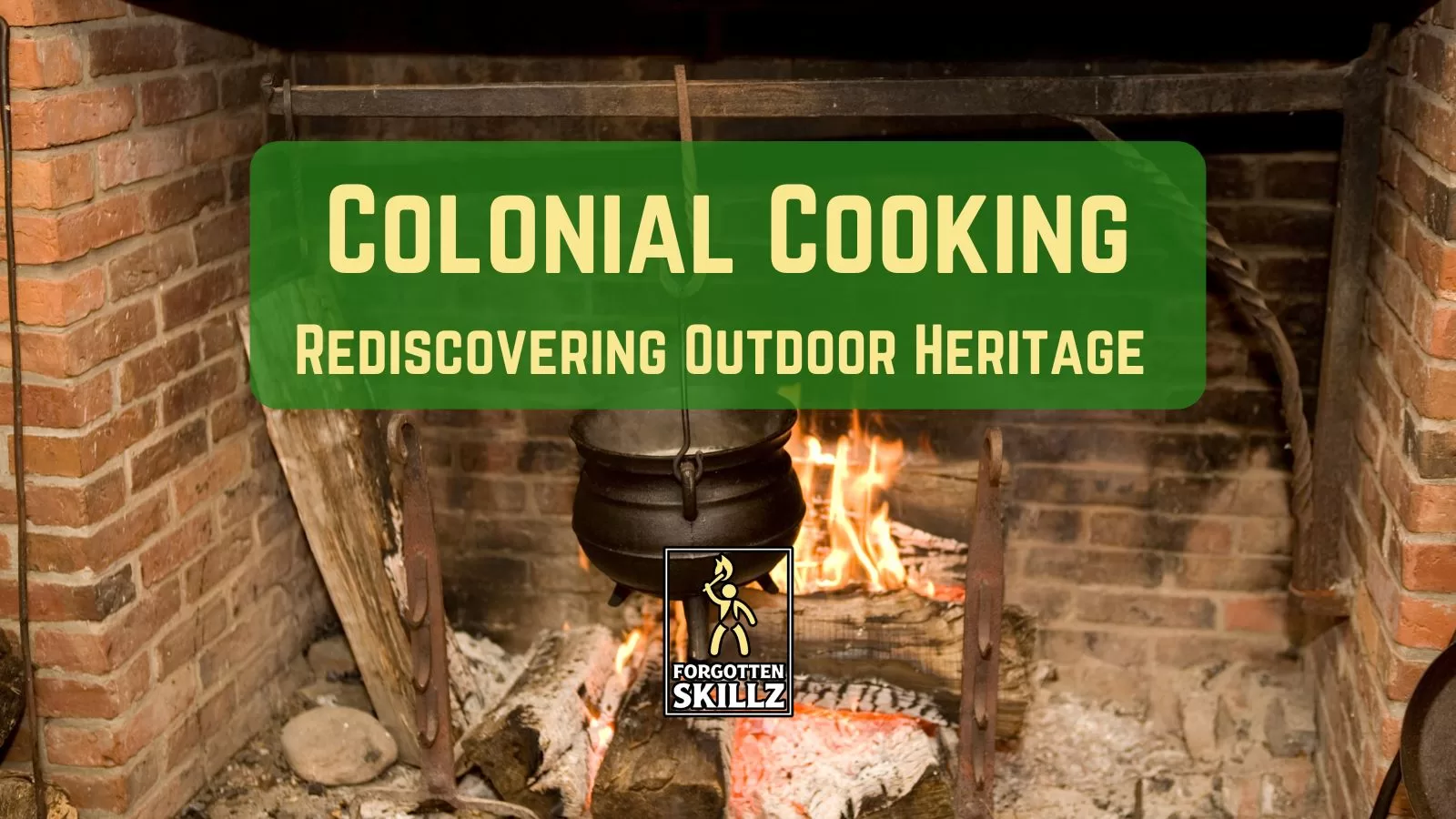
Colonial Cooking: Rediscovering Outdoor Heritage
In a world of modern stoves, prepackaged meals, and microwave dinners, there’s something deeply grounding about colonial cooking and preparing a meal the way our ancestors did—with fire, iron, and instinct. Historical cooking, especially from the colonial American period, is more than a novelty. It’s a chance to connect with the rhythms of the natural world, learn practical survival skills, and bring forgotten flavors back to life. Read More
Spring Foraging on Long Island for Beginners
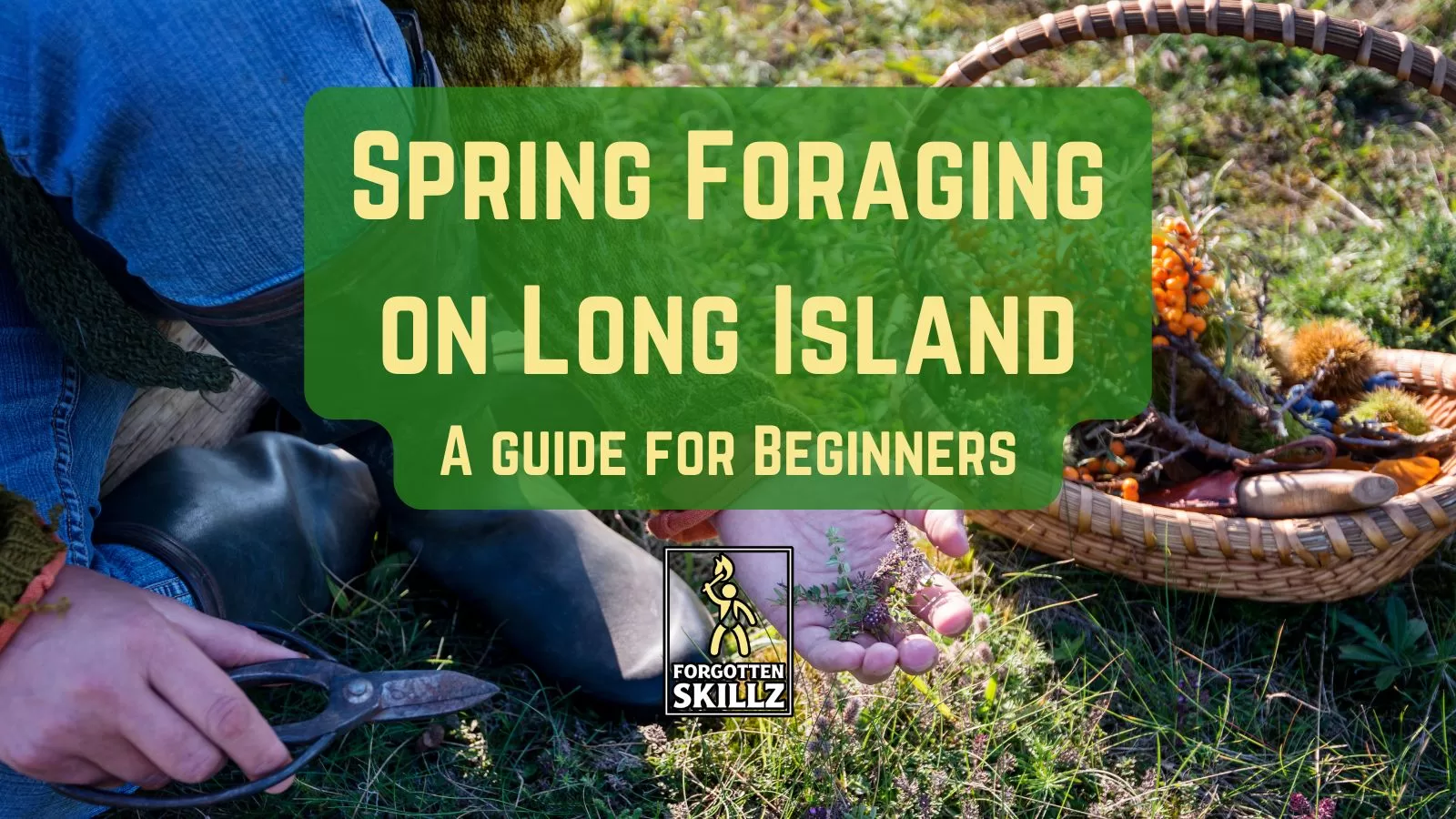
Reconnecting with the Land: The Forgotten Skill of Foraging
Foraging on Long Island is more than just gathering wild plants—it’s a practice that has sustained humanity for thousands of years. Long before supermarkets and industrial agriculture, our ancestors relied on their knowledge of the land to find food and medicine. Every civilization, from the Indigenous peoples of North America to early European settlers, carried deep traditions of harvesting from nature’s pantry. Even today, foraging remains an essential part of daily life in many cultures, with communities across Long Island—especially those of European and Asian descent—continuing the practice in parks, coastal marshes, and even along highways. Read More
Best Survival Water Filters: LifeStraw vs. Sawyer vs. Gravity Bags
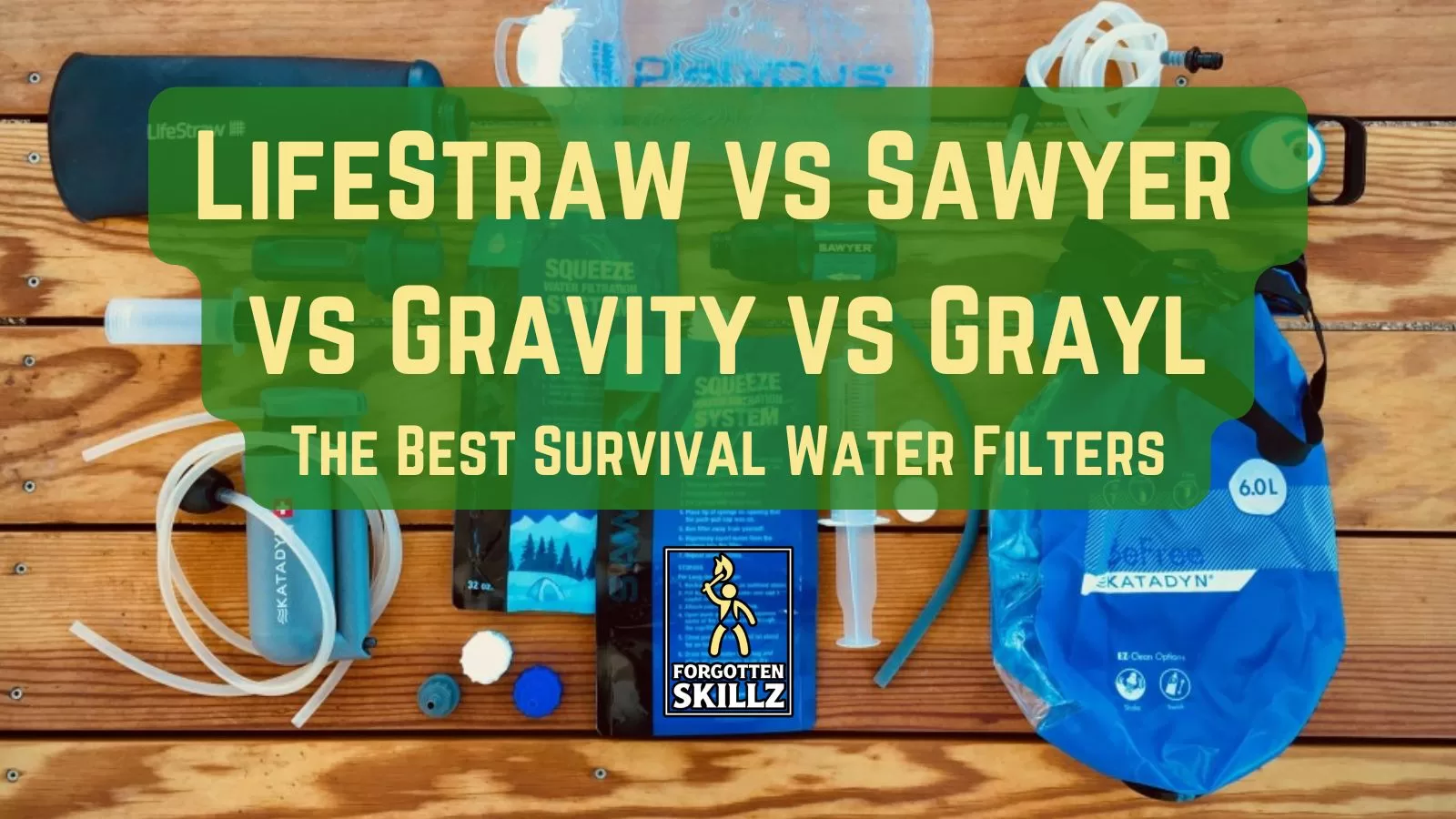
Choosing the Best Survival Water Filters
Finding clean drinking water is one of the most critical survival skills, whether you’re hiking in the backcountry, prepping for emergencies, or ensuring access to safe water during a natural disaster. Contaminated water can carry bacteria, protozoa, and even viruses that cause serious illness, making access to safe drinking water a top priority for survivalists, preppers, and outdoor enthusiasts alike. In a survival situation, dehydration can become deadly within three days, and drinking untreated water can lead to life-threatening diseases such as cholera, dysentery, and giardiasis. Read More
Long Island Wildfires: S’mores Gone Wrong
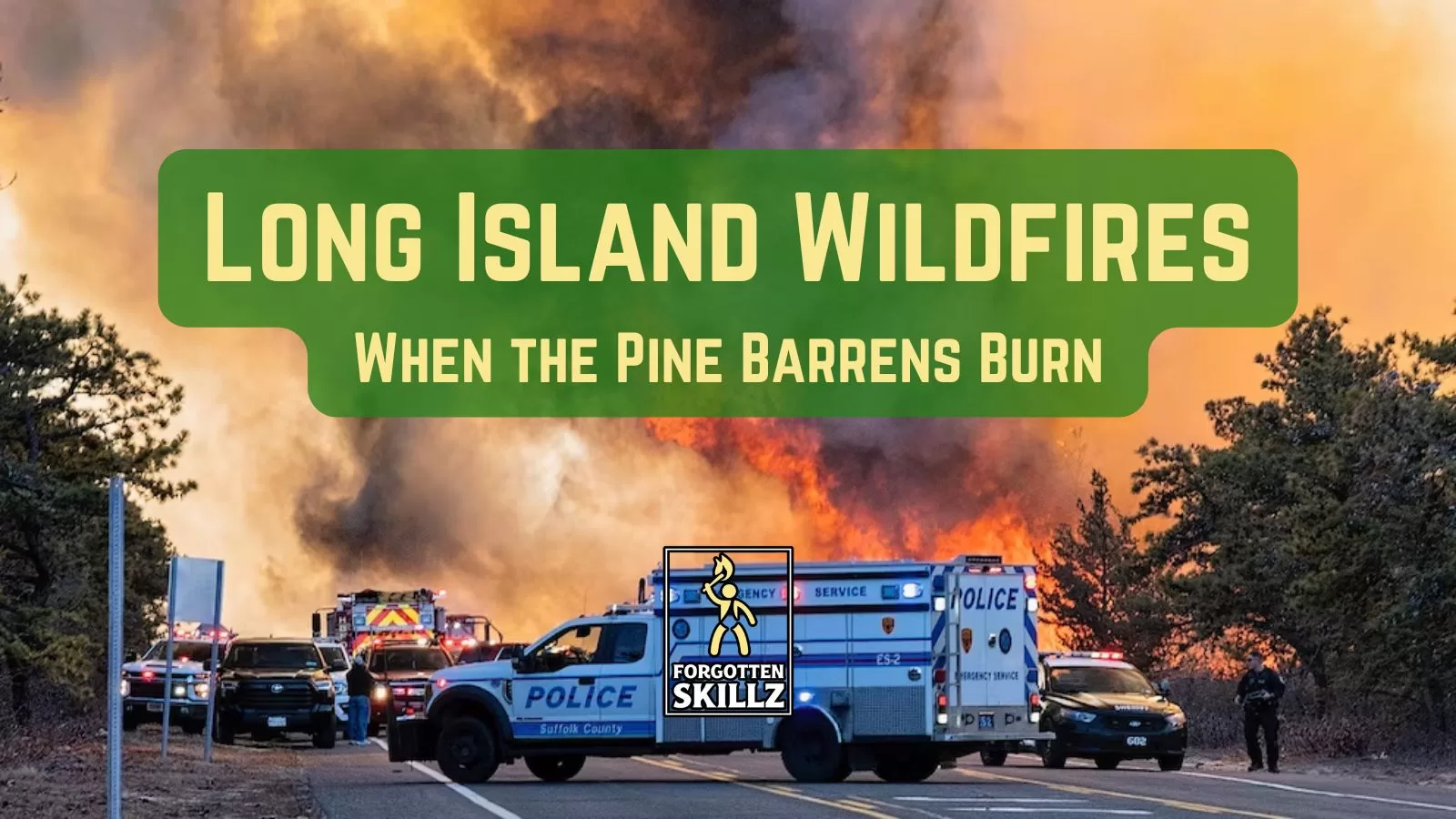
Long Island Brushfires:
The Pine Barrens, Fire Safety,& the Balance of Nature
This past weekend, wildfires erupted across the East End of Long Island, igniting in Center Moriches and spreading eastward along Sunrise Highway due to high winds. The cause? A family making s’mores, who unknowingly made a critical fire safety mistake—using cardboard as kindling. Cardboard is notorious for producing floating embers, which, in dry or windy conditions, can travel for miles, sparking secondary fires far beyond the original site.
This incident serves as a stark reminder that fire safety is not just about how we start a fire, but how we control, maintain, and extinguish it. It also highlights the unique fire-dependent ecosystem of the Long Island Pine Barrens, where wildfires play an essential role in maintaining ecological health—yet pose a growing risk to homes, businesses, and human safety. Read More
